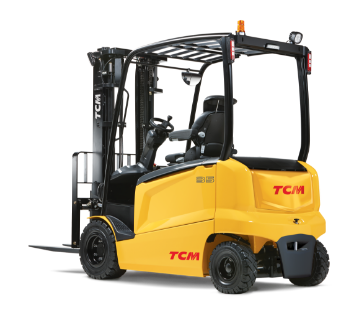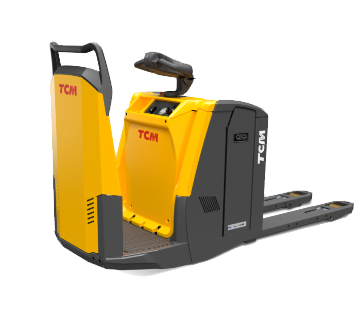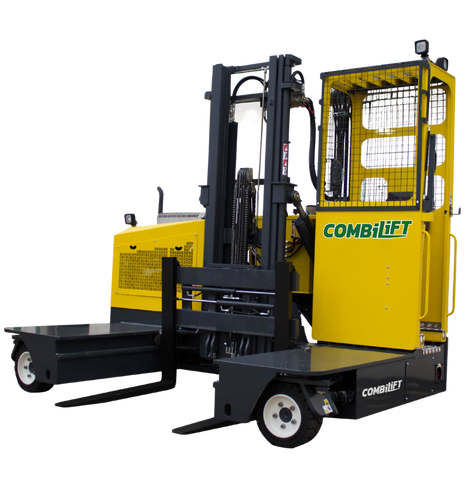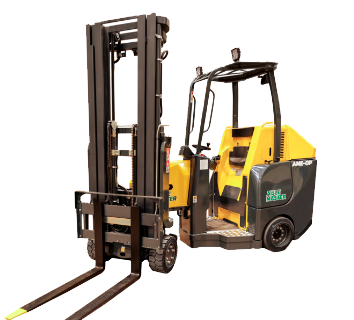Modern Slavery Statement
Modern slavery and human trafficking is an unquestionable and indefensible violation of an individual’s basic human rights. Carrylift recognises that as a modern organisation it has a moral and social responsibility to take a zero-tolerance approach to modern slavery in all forms.
We are committed to preventing slavery and human trafficking in our corporate activities, and to ensuring, as far as we are able, that our supply chains are free from slavery and human trafficking.
Policy
We undertake due diligence when considering taking on new suppliers, and are in the process of reviewing our existing suppliers. This due diligence incudes:
- Understanding our supply chain so as to identify and assess particular product or geographical risks of modern slavery and human trafficking.
- Evaluating modern slavery and human trafficking risks of our current supply base.
- Conducting supplier questionnaires for our entire supply base in the UK, Europe and in Asia.
- Terminating our relationship with suppliers that fail to improve their performance in line with an action plan or violate our supplier code of conduct.
We operate the following policies that assist our approach to the identification of modern slavery risks and steps to be taken to prevent slavery and human trafficking in our operations:
Whistleblowing Policy – we encourage all our employees, to report any concerns relating to unlawful conduct, malpractice, dangers to the public or the environment, and any other matter of a serious nature. The Modern Slavery Act 2015 (the “Act”) is specifically mentioned within this policy which is published in the Company handbook.
Business Ethics Policy – our policy sets out the core values which we expect to be observed throughout the Company. The policy specifically mentions the Act and is published in the Company handbook.
The Company requires all employees working in supply chain management and relevant roles to complete training on how to assess the risk of slavery and human trafficking in relation to various aspects of the business, how employees can identify the signs of slavery and human trafficking and what should be done if this activity is suspected.



